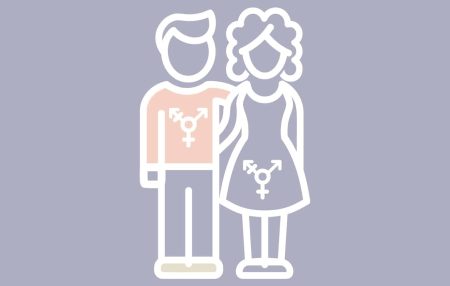27 May 2011
The National Institute for Health and Clinical Excellence (NICE) defines infertility as failing to get pregnant after two years of regular unprotected intercourse. Infertility is the commonest reason why women aged 20-45 visit their GP (aside from pregnancy).
Infertility is currently estimated to affect one in six couples in the UK (about 3.5 million people) at any one point. If you add to this the number of single people and same-sex couples looking to conceive (many of whom are not infertile but seek to rely on fertility treatment to conceive) and the scale of infertility, demand for assisted conception and reliance upon fertility law increases significantly.
Reasons for infertility and demand for fertility treatment
There are many reasons associated with infertility and demand for fertility treatment, including, cancer, gynaecological problems, low sperm count, unexplained infertility, women delaying having a family until later in life (perhaps to establish a career), second time relationships, inability to find the right partner with whom to start a family, relationship breakdown, decision to become a solo parent, becoming a known donor or co-parent, gay and lesbian parenting.
Fertility treatment options and success rates continue to improve as medical technology develops. Greater awareness and social acceptance of fertility treatment, families created through assisted conception outside heterosexual marriage, celebrity endorsement and media coverage encourage increasing numbers of people to build families in this way. Infertility, sexual orientation or single status is no longer necessarily a bar to having a much wanted family.
Fertility law and treatment
Fertility law and fertility treatment do not always sit comfortably with each other in the UK. Despite the overhaul of fertility law in the UK in 2008 (the first in 20 years), it is still not entirely joined up with the demand for, and creation of, many modern day families through donor conception, surrogacy, co-parenting and known donor arrangements.
Whilst improvements were introduced to donor conception law in 2008, difficulties remain. Lesbian mothers now both become their child’s legal parent at birth and are named as such on their child’s birth certificate as civil partners or through nomination of the non birth mother as second legal parent using the appropriate forms at a UK licensed fertility clinic. However, legal problems can arise for non civil partnered lesbian couples conceiving by privately arranged artificial conception at home, conferring unwanted legal parenthood and financial responsibility upon a known male donor. As lesbian civil partners, they also automatically oust the legal parenthood status of a male co-parent (and biological father), which can upset the desired family dynamic and structure.
Solo mothers must take particular legal care if they conceive through donor conception. For some married couples, gruelling rounds of unsuccessful IVF and treatment can place untenable strain on their marriage causing it to breakdown. Faced with a ticking biological clock, the woman may then seek donor conception treatment at a licensed fertility clinic presenting as a single woman (although she is still married). Donor conception law dictates that her husband is treated in law as the child’s father unless steps are taken to prevent this.
Single women choosing to conceive with a known donor must also beware of the legal pitfalls. If a single woman conceives by private arrangement at home, then her known donor will become her child’s legal father and become financially responsible for the child and so she will not achieve legal parental autonomy. If she conceives through known donation at a licensed clinic, she will need to take care over the legal position if she wishes to ensure her known donor will have no legal status for her child (by filling in the requisite legal forms appropriately). Donor agreements are also useful tools in any known donation case, providing legal clarity and helping to crystallize the expectations and agreement of the parties for the child (and which can also be useful evidence in the event of a subsequent legal dispute over the child).
The law surrounding surrogacy in the UK is also complex. The law confers legal parenthood upon the surrogate mother and her husband for the child and intended parents must apply to the court for a parental order in order to reassign legal parenthood to themselves and extinguish the legal status of the surrogate parents for their child. Single people cannot apply for a parental order for a surrogate born child to become the child’s legal parent. Surrogacy law was not designed to cater for international surrogacy arrangements and creates international conflicts of law which can leave children born abroad to foreign surrogates stateless and parentless with no rights to return home to the UK with their intended parents.
A significant proportion of UK society is therefore affected by infertility, fertility law and treatment. It brings with it many challenges and anyone contemplating assisted conception should take care to tackle the legal and practical issues from the start so they are well prepared for what lies ahead.




